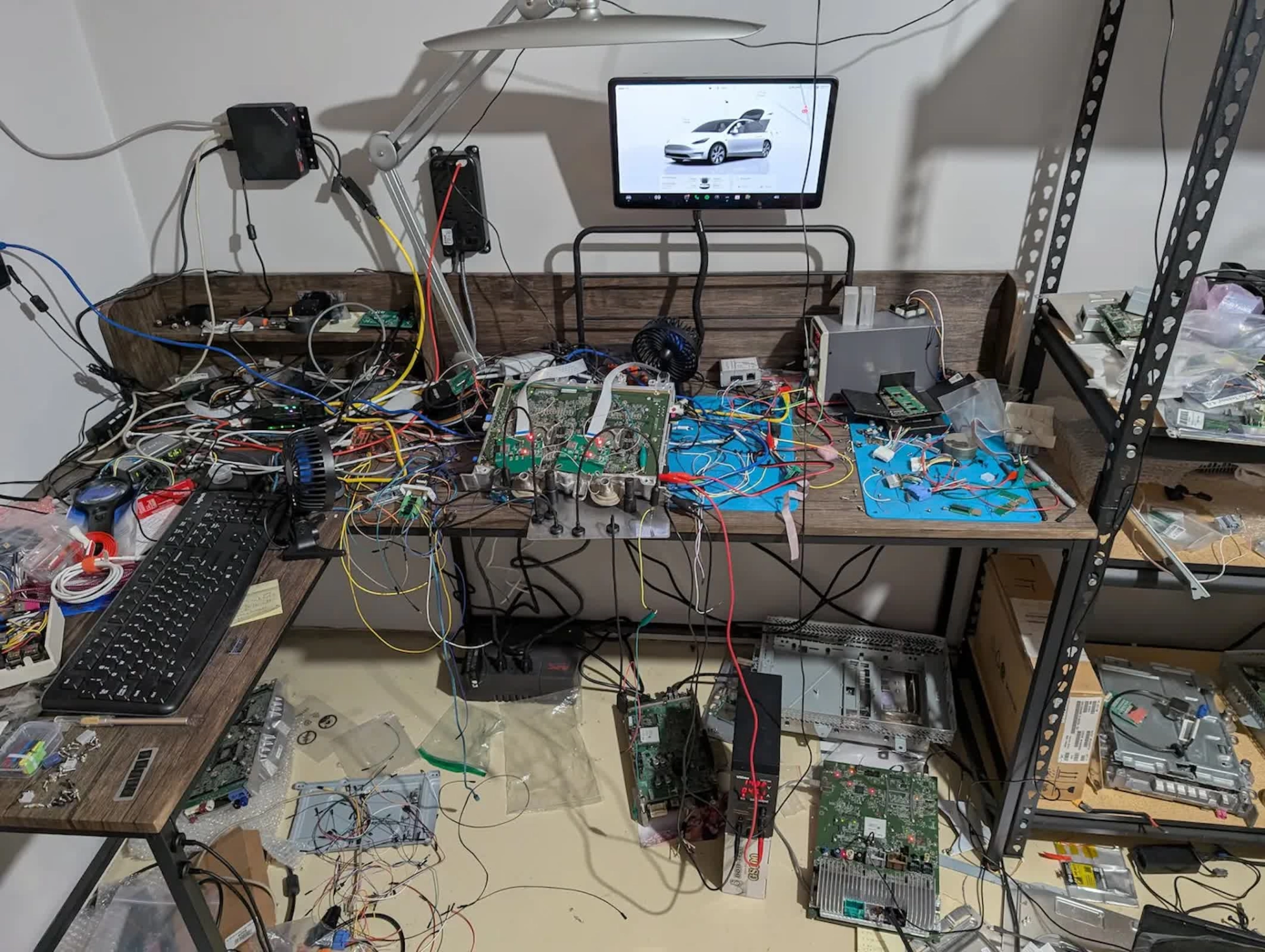In a nutshell: An independent hacker recovered a crucial cache of crash data from a 2019 Tesla accident in Florida. The case offered new insight into Tesla's handling of driver-assistance technology and highlighted the challenges of retrieving computer records after a fatal collision.
On the night of April 25, 2019, a Tesla traveling through Key Largo struck 22-year-old Naibel Benavides Leon and her boyfriend, Dillon Angulo, resulting in one death and serious injuries. Police and attorneys quickly realized that understanding the crash required accessing a specific set of electronic records the collision snapshot from the car's Autopilot computer. Court filings show that when the vehicle crashed, Tesla's servers automatically received the key data and confirmed receipt with the vehicle. However, the local copy in the car was then marked for deletion a standard protocol for crash events in Tesla vehicles.
Months of attempts by Florida law enforcement and the plaintiffs' legal team to retrieve the data came up empty. At a Tesla service center, a technician focused on the navigation unit instead of the Autopilot computer that held the snapshot, providing investigators with what he called "corrupted" files before any analysis. Expert witnesses and internal Tesla testimony noted that powering up the Autopilot unit could trigger software updates that might erase stored evidence.
With litigation looming and technical barriers mounting, the plaintiffs recruited a pseudonymous hacker known as "greentheonly," an expert in reverse-engineering Tesla driver-assist computers. The hacker warned the legal team against simply powering on the units.
"Exactly the advice I would give if I wanted to destroy evidence," greentheonly testified.
Eventually, the plaintiffs recovered the original hardware from the Florida Highway Patrol and arranged for the hacker to analyze it under carefully controlled conditions.

Working at a Starbucks in Miami, the expert hacker plugged in a forensic copy of the Autopilot unit's contents. Within minutes, he located the elusive collision data, marked for deletion but never entirely lost. The discovery not only showed the system registering the pedestrians in the crash moments, but also confirmed that Tesla had received the snapshot almost immediately after the accident. In the following days, a video reconstruction based on the retrieved data was prepared, visually displaying what the Tesla saw approaching the impact including pedestrian detection at precise distances.
At trial, the technical evidence was central, with Tesla's attorney Joel Smith describing the company's handling of the data as "clumsy" but denying any intentional impropriety.
"We didn't think we had it, and we found out we did," Smith commented.
Tesla asserted that the crash resulted from "a distracted driver," not technological failure, and maintained in court that its systems warn drivers to pay attention and do not replace human oversight. The company also denied intentionally suppressing data, insisting it could not locate the collision snapshot until the hacker intervened.
Plaintiffs' attorneys viewed the events differently, arguing that Tesla's failure to recover crucial data suggested more than routine error and highlighted systemic flaws in both the technology and corporate transparency. Brett Schreiber, lead attorney for the plaintiff, emphasized in court filings the challenges of extracting timely information and years of "deceiving investigators," noting that Tesla's internal systems had the electronic snapshot almost immediately after the crash but did not provide it.
The jury found Tesla 33 percent responsible for the crash. It awarded $243 million in damages a significant setback for a company that has long argued driving decisions rest solely with the human operator. Federal District Judge Beth Bloom found no evidence that Tesla intentionally withheld data, but ordered the company to cover the plaintiffs' retrieval costs due to the unnecessary difficulty.
Tesla filed post-trial motions to reduce or overturn the award, arguing that disputes over data relevance unduly influenced the outcome. Industry observers and legal experts say the verdict is fueling momentum in other pending cases, including a high-profile California trial this fall and a recent Texas shareholder suit alleging Tesla misrepresented its Autopilot features.
However, greentheonly, whose intervention proved decisive, now faces higher hurdles as Tesla tightens digital access.
"If an accident happened today like this, I won't be able to extract the data," he said.
Image credit: The Washington Post



